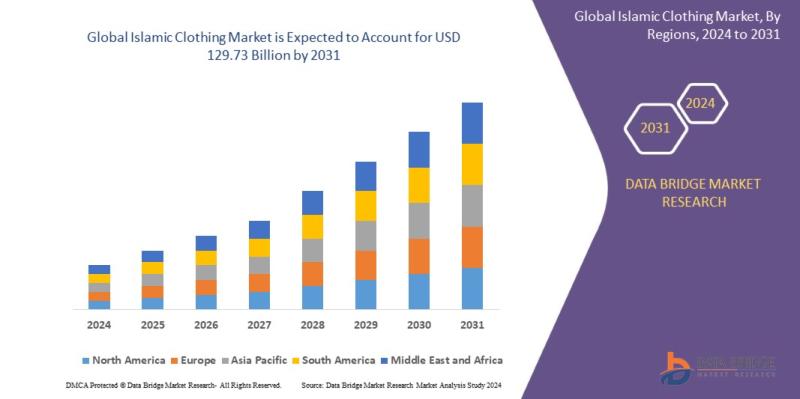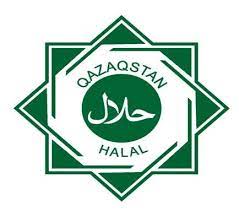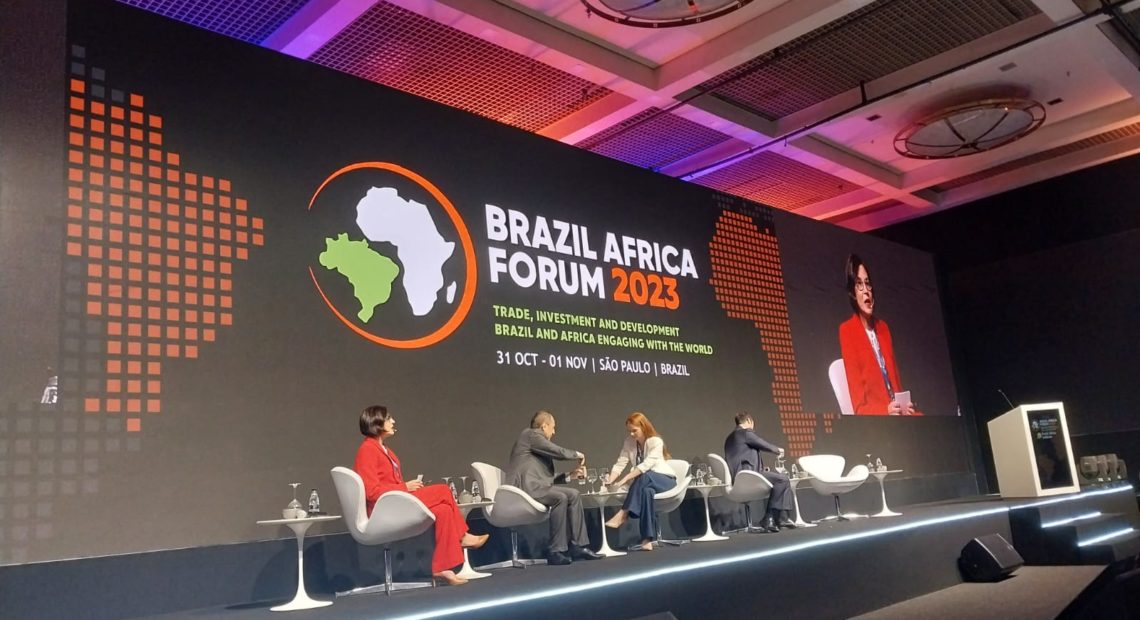Recent years have seen the increasing popularity
of Thai food in Muslim countries and a massive rise in the number of
Middle Eastern visitors coming to Thailand for medical treatment. It
would seem that this country should have a bright future in the halal
food industry. But does it?
When a group of food importers from the United States visited an
international food expo in Germany recently, they headed straight to
the Thai canned food exhibits. The group asked whether the
manufacturers had any halal products on offer and were surprised to
hear a resounding “No”.
The American businessmen then proceeded to the Singapore booth,
where essentially the same products were on offer. One
multi-million-baht (Thai produced) sardine and pineapple deal later,
and the Thai contingent was left to reflect on a missed opportunity.
According to Assoc Prof Dr Winai Dahlan, director of the Halal
Science Center of Chulalongkorn University (HSC), a fundamental
misunderstanding of the term “halal food” in Thailand may be costing
the country huge amounts in international trade each year.
In Thailand, Dr Winai says, both Muslims and non-Muslims are
confused by what exactly “halal” means, with many believing that the
term is a catch-all used to describe Muslim food in general. And since
in Thailand most people think of Muslims as being Indian, halal food is
therefore presumed to be basically Indian food.

Assoc Prof Dr Winai Dahlan. |
In
actual fact, “halal” is an Arabic word meaning “permissible”, and halal
food broadly refers to food that is allowed under Islamic dietary law,
i.e., food cooked without pork, blood and alcohol. (For more details,
visit http://www.halalscience.org or http://www.halal.or.th)
It’s a misunderstanding Dr Winai suggests may be costing the
country as much as 120 billion baht in business annually.
With almost two billion people spread throughout the world,
Muslims make up a massive proportion of the world’s population, and the
market value of halal food has been estimated at upwards of US$1
trillion (34 trillion baht) a year. For Thailand, a country that likes
to style itself as the “Kitchen of the World”, halal food seems an
obvious avenue to pursue. But records show that while Thailand has a
nearly two percent share of the world’s overall food market, the
country has only a 0.64 percent share of the halal market.
“The reason we don’t have a higher share of the halal market is
that Thai manufacturers presume it is Indian-Muslim food, which they
aren’t familiar with,” explains Dr Winai.
In fact, less than 20 percent of the world’s Muslim population
is Indian, and some of the biggest markets for halal food are the
countries belonging to the Gulf Cooperation Council (GCC), countries
like the United Arab Emirates, Oman, Qatar, Kuwait, Bahrain and Saudi
Arabia. And the single biggest market for halal food? Believe it or
not, it’s the United States.
“We need to get rid of this idea that halal food is
Indian-Muslim food, as well as the idea that only Muslim countries can
produce halal food. In fact, of the top ten halal food producing
countries at the moment, none are Muslim. The world’s number one halal
food manufacturer is Brazil,” says Dr Winai.
In addition, the majority of food imported into the GCC
countries is not khao mok kai (Muslim-style saffron rice with chicken)
or mutton curry, but seafood, trimmed chicken meat, New Zealand lamb
and Australian beef.
“You see, the term ‘halal’ can be applied to almost anything,”
says Dr Winai. “Most products on supermarket shelves today are already
halal. So Thai manufacturers have nothing to be afraid of.”

TAT governor Phornsiri Manoharn. |
At the moment, Thailand has approximately 20,000 food manufacturers.
Half of these have the capability to produce halal food, yet
only 20 percent are actually doing so.
“I always say to local manufacturers that if you can get into
the EU and the US markets, which are very tough, you can get into the
halal market, which is very easy,” says Dr Winai. “It’s as if you had
already been accepted by an Ivy League university but were nervous
about applying to a community college”
And it’s not just abroad that halal food is in demand, it is
also increasingly marketable here in Thailand. With its low costs and
state-of-the-art facilities, Thailand has become one of the world’s
most popular medical destinations, especially among wealthy Middle
Eastern visitors.
According to a Tourism Authority of Thailand (TAT) report,
international visitor arrivals at Suvarnabhumi International Airport
totalled nearly three and a half million from January-April 2007. Three
and a half percent of these (almost 125,000) were from the Middle East.
“The Middle Eastern market is important to Thailand because the
visitors are big spenders,” says TAT governor Phornsiri Manoharn. “And
many of them make not only one but several visits to Thailand within a
year to enjoy our modern medical facilities.
“The standard of Thailand’s medical care and treatments is
exceptionally high and well known all over the world,” says the
governor. “This, together with the renowned Thai hospitality, has
played a vital part in the promotion of private health services to the
wider world.
“Thailand also offers excellent service at a reasonable price.
In some countries, patients have to wait many months for treatment. Not
so in Thailand, where treatment and access to professional help is
available immediately,” says the governor.
Since the Royal Thai Government initiated a strategy to develop
Thailand as a medical hub in 2004, there has been an increasing number
of international visitors coming to the country for medical check-ups
and treatment.
“At present, medical tourism continues to be a shining star for
the Thai tourism industry, attracting high-value tourists to the
kingdom who stay longer and spend more than other tourist categories,”
notes the governor.
When it comes to medical tourism, Thailand is definitely the
number one choice of destination for Middle Easterners. One patient
usually comes with a party of relatives, and when the patient stays at
the hospital, the relatives go out and spend their money.
“Imagine how much money these people spend in our country, and
how much the country benefits from having them here. Unfortunately,
I’ve heard suggestions that if Malaysia offered better medical
services, they would head there instead because they believe they could
find halal food easier there.”
Dr Winai gives the example of asking for a halal breakfast at a
hotel in Singapore or Malaysia: “The answer would very likely be that
all of the breakfasts are halal.
“That’s not because they serve Muslim dishes for breakfast, but
because they are aware that their food – whether it’s Japanese sushi,
Chinese rice porridge, Thai fried rice or European sausages – contains
no ‘prohibited’ ingredients.
“On the other hand, if you walked into a Thai restaurant here
in Bangkok, even one that didn’t serve pork, and asked if they have
halal food, the answer would probably be ‘No’.”
Dr Winai suggests that changing the existing food industry into
a halal food industry would be as easy as flipping a coin. What
manufacturers need is reliable information and better support from both
the government and private sectors.
Maybe ironically, Thailand is regarded as having among the best
high-technology halal science systems in the world.
The Halal Science Center of Chulalongkorn University was
established in 2003 as a central laboratory and scientific information
centre for halal food development at the Faculty of Allied Health
Science.
The HSC provides all analytical services and research for
detection of contamination detrimental to halal food manufacturing,
like testing for the presence of animal fatty acids, animal proteins
and DNA, gelatin and alcohol as well as microbial contamination with
its state-of-the-art scientific equipment.
“Malaysia might claim that their halal science technology is
very strong on the basis that it’s a Muslim country,” says Dr Winai.
“But we say our system is stronger because we are not a Muslim country,
which means that we have a lot more experience with haram (products
forbidden by Muslim dietary laws).”
With Thailand’s abundant natural resources, state-of-the-art
facilities and advanced food technology, not to mention our world
famous culinary reputation, it seems to have everything in place to
really become the “Kitchen of the World”. And it could take a step
closer by paying closer attention to the halal market.



